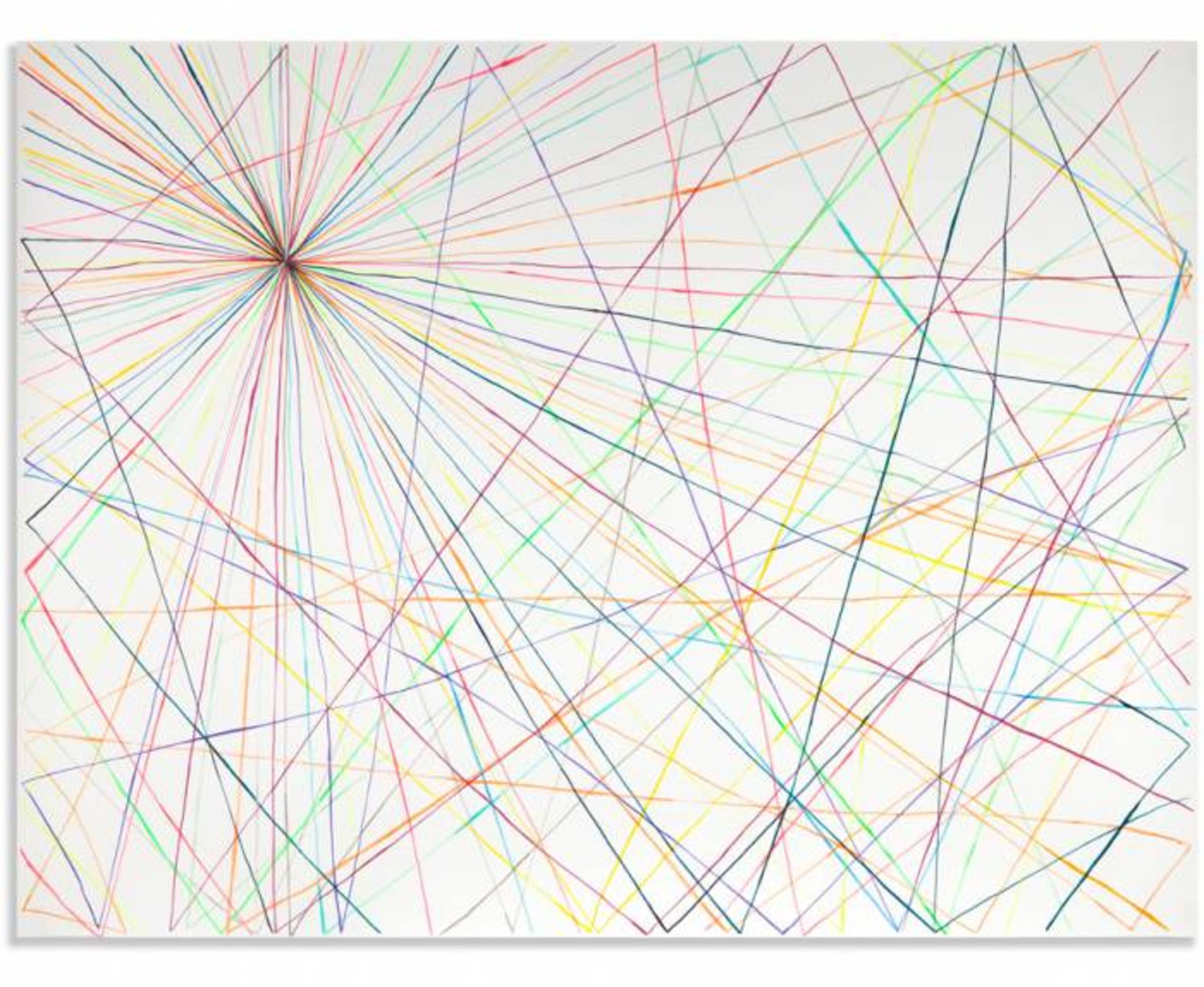Divide and Conquer

Consider 2016 straight lines in a plane such that no two of these are parallel to each other. What is the maximum number of non-overlapping regions these lines can divide the plane?
The answer is 2033137.
This section requires Javascript.
You are seeing this because something didn't load right. We suggest you, (a) try
refreshing the page, (b) enabling javascript if it is disabled on your browser and,
finally, (c)
loading the
non-javascript version of this page
. We're sorry about the hassle.
2 solutions
| Number of lines | Minimum number of regions | Maximum number of regions |
| 2 | 4 | 4+0 =4 |
| 3 | 6 | 6+1 =7 |
| 4 | 8 | 8+3 =11 |
| 5 | 10 | 10+6=16 |
| . | . | . |
| . | . | . |
| n | 2 n | 2 n + k n |
( We get minimum number of regions when the lines are concurrent )
If we observe the pattern then this k is recursively defined by
k n = k n − 1 + ( n − 2 ) with k 2 = 0
Evaluating the above expression we have the following formula for k n
k n = 2 ( n − 2 ) × ( n − 1 )
Thus the maximum number of regions in which the plane is divided is
2 n + k n
2 n + 2 ( n − 2 ) × ( n − 1 )
2 n 2 + n + 2
So, with n=2016 we have 2033137 non-overlapping regions.
Let the maximum region of n line in a plane be R n .
By doing observation, it is easy to see that ∗ if we add a new line to a plane consist of n − 1 line, we will have maximum n new region ∗ .
∗ R n = R n − 1 + n ∗
We know that R 0 = 1 . Then we can construct formula of R n .
R n R n R n R n R n = 1 + 1 + 2 + 3 + . . . + n = 1 + ( 1 + 2 + 3 + . . . + n ) = 1 + 2 n ( n + 1 ) = 2 2 + n ( n + 1 ) = 2 n 2 + n + 2
Putting n = 2 0 1 6
⟹ R 2 0 1 6 R 2 0 1 6 R 2 0 1 6 R 2 0 1 6 = 2 2 0 1 6 2 + 2 0 1 6 + 2 = 2 4 0 6 4 2 5 6 + 2 0 1 6 + 2 = 2 4 0 6 6 2 7 4 = 2 0 3 3 1 3 7
Note: in order to get maximum number of region, no more than two line are allowed to intersect in a point.